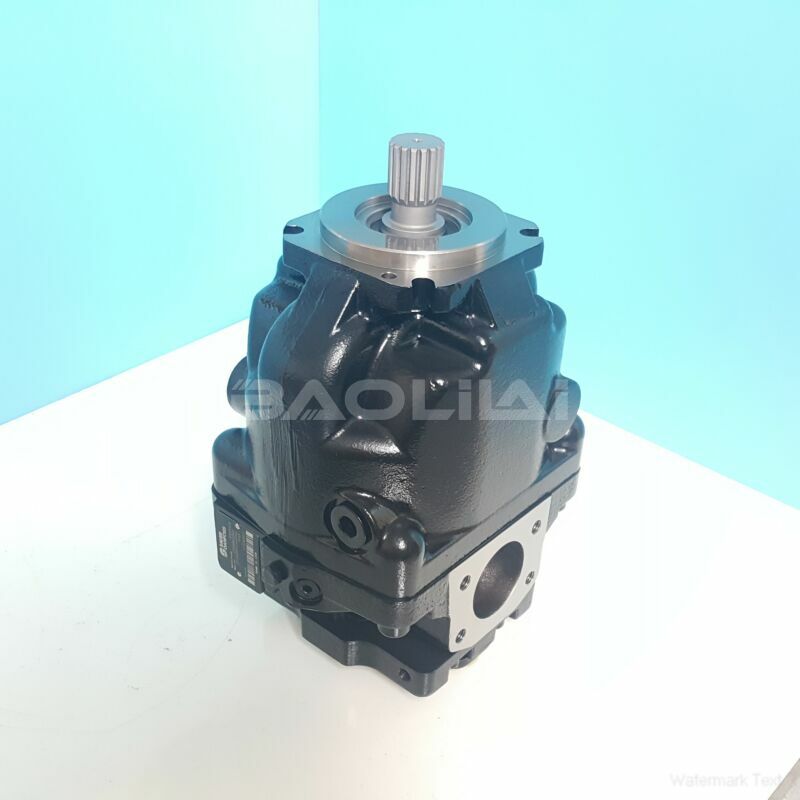ERL147CRP2614NNN3K5NPA1NAAANNNNNN hydraulic oil pump
ERL147CRP2614NNN3K5NPA1NAAANNNNNN hydraulic oil pump

- Product Details
- Applicable Scene
Hydraulic pumps play a crucial role in high-speed fluid handling applications, powering a wide range of machinery and systems across various industries. However, one common issue that operators face is excessive noise generated by these pumps. Not only can hydraulic pump noise be a nuisance, but it can also indicate underlying problems that may affect system performance and longevity. This article provides insights into potential causes of hydraulic pump noise and offers solutions to mitigate these issues.
ER-L-147C-RP-26-14-NN-N-3-K5NP-A1N-AAA-NNN-NNN
ERL147CRP2614NNN3K5NPA1NAAANNNNNN
Understanding Hydraulic Pump Noise

83018312
Hydraulic pump noise can stem from several sources, including mechanical vibrations, cavitation, fluid turbulence, and improper installation. Typically, noise levels may increase during high-speed operations due to higher flow rates and pressures. Understanding the source of the noise is essential for effectively addressing the problem.
Diagnose the Cause of Noise
Before attempting to solve the noise problem, it is critical to diagnose its cause:
Vibration and Misalignment: Excessive vibrations in the pump can lead to increased noise levels. Misalignment of the pump and motor, worn bearings, or unbalanced components can contribute significantly to this issue.
Cavitation: When fluid enters the pump at a velocity that exceeds the vapor pressure, it can form vapor bubbles that collapse violently, leading to a knocking or banging sound.
Fluid Properties: The viscosity and temperature of the hydraulic fluid can influence noise levels. High viscosity can lead to increased drag and turbulence within the pump.
Implement Solutions





